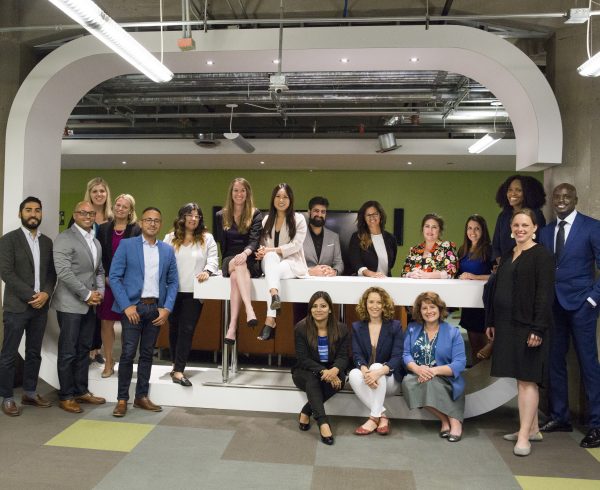In this post and subsequent ones in my new #MindTheTechTalentGap blog series, I’ll talk to a variety of Chicago talent professionals about why we need to “mind” this particular gap and how to leverage and convert this awareness into actual solutions. We’ll explore the strategies you can employ now to address this challenge before it becomes a major business issue.
To kick things off, I recently chatted with Taylor Golden, who manages Enterprise Partnerships at General Assembly, a global leader in career transformation through education in-demand areas such as data, design, business, and technology.
Just as when we closed the book on 2018, there are many encouraging signs in the labor market as we’re midway through Q1 2019. Unemployment is at one of the lowest rates in decades. Quit rates are at their highest since the dot-com bubble. Consumer confidence, and confidence in pursuing new positions, are high. While a healthy job market and strong economy are reasons to celebrate, there is a nagging issue we, as talent professionals, should be mindful of: the technology talent gap.
In fact, open technology jobs far outweigh the number of skilled, available workers. According to Code.org, in 2017 there were more than 500,000 open computing jobs nationwide, but less than 43,000 computer science graduates to fill them. This need will continue to intensify in the future, and some companies are taking note; 80 percent of executives are worried about the availability of key skills, according to PwC’s 21st CEO Survey.
Upskilling Defined
Taylor and I got to talking specifically about “upskilling”—which means teaching an employee additional skills. Upskilling is one of the most important parts of General Assembly’s mission.
According to Taylor, “We spend our days dedicated to fixing the skills gap; whether it’s here in Chicago, across the country, or even globally. We educate both individuals and companies on the importance of learning, especially in the highly competitive, constantly changing, and in-demand areas of the technology industry.”
Taylor shared a story with me about how the company has recently been tapped to upskill actuaries (yes, the folks who compile and analyze statistics to calculate insurance risks and premiums) into data scientists. This helps expand their capabilities beyond the core traditional analyses and areas of focus in an actuary org to unlock a ton more value for an organization. Actuaries still hold plenty of value for companies in today’s labor market, but data scientists are an especially hot commodity.
Taking Action on the Growing Tech Skills Gap
This example really hit me as a timely and real way companies are taking action on the growing tech skills gap. Data science is rooted in both statistics and computer science, and actuaries are masters of stats. The computer science part is often what requires the upskill—with special focus on programming, algorithms, machine learning, data management, and more—to take an actuary down the path of data science.
While it is immensely more complicated and certainly takes more than a few weeks of coding classes, this example of upskilling has the potential to make a major difference for both companies and workers. For the companies who need data scientists to be competitive, upskilling better positions them for the future. But upskilling also holds significant value to workers themselves. It makes their skillset even more relevant to the quickly changing and unpredictable workplace of the future.
Chances are, you use technology in some facet of your organization, even if it’s not your sole focus. If you’re having difficulty filling certain positions, upskilling might be a viable strategy to help meet the demand of a marketplace that requires the best of the best to get ahead.
We’ll be back next month with the second post in our #MindTheTechTalentGap blog series. Stay tuned as we to turn to other Chicago technology industry leaders to learn how they’re minding the talent gap, and how you can apply their strategies in your own organization.
Want to share your thoughts on this topic or participate as a contributor? Please feel free to comment below or contact me directly.








